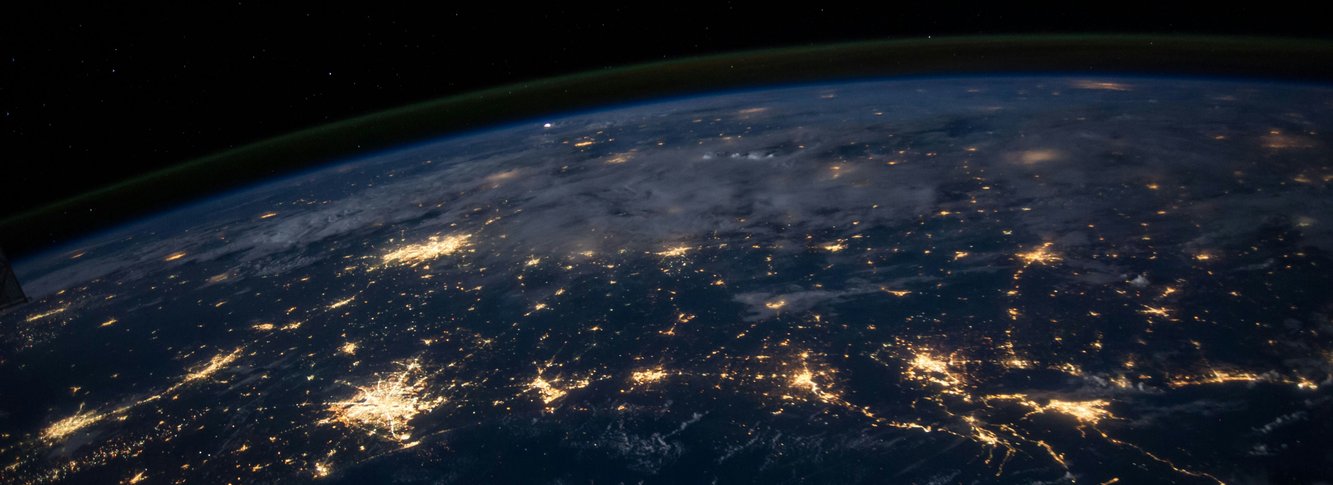| 1 min read
‘Global Britain’ is as much a governing instinct as it is a statement of current policy: an idea that animates the United Kingdom's international relations. And for nine decades the BBC World Service, Britain's principal agent of public diplomacy, has been its exemplar. With a reputation as a trusted source of reliable news in over forty languages, the international BBC sustains a global capacity for intercultural dialogue founded on evidence-based journalism. At a time when digital media are rewriting the strategic communications playbook and reorganising our knowledge practices and behaviours, the BBC maintains a vital link between Britain and a transnational community of close to half a billion users. Yet, despite these evident strengths, recent confusion over the organisation and funding of the World Service means that its long-term future is in doubt. This article asks how and why it has come to this and what might be done to preserve the journalistic integrity and ‘soft power’ of the BBC World Service.
Need help using Wiley? Click here for help using Wiley


